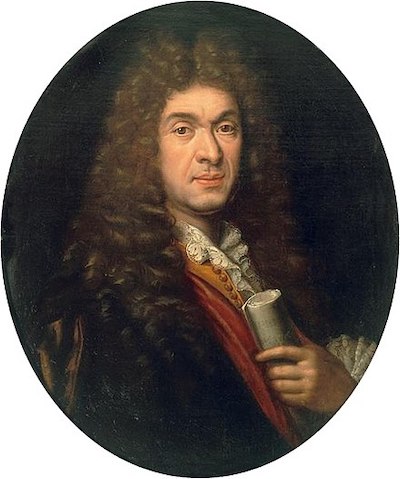by Daniel Hathaway
CONTINUING SERIES: Apollo’s Fire’s “¡Hispania! A Voyage from Spain to the Americas,” featuring soprano Sophia Burgos & flamenco guitarist & singer Marija Temo (7:30 at St. Paul’s, Cleveland Hts.), The Cleveland Orchestra with guest conductor Dalia Stasevska & mezzo-soprano Josefina Maldonado (pictured, 7:30 at Severance), & Baldwin Wallace Opera presents Franz Lehár’s The Merry Widow (8 at Gamble Auditorium).
SINGLE EVENTS: CityMusic Chamber Series featuring clarinetist Daniel Gilbert, violinist Kiarra Saito-Beckman, cellist Anna Kuo & pianist Donna Lee in Stravinsky’s L’histoire du soldat (7 at Praxis Fiber Workshop), and Local #4 Music Fund presents tenor saxophonist Drew Hosler & pianist Eric Charnofsky (7 at Disciples).
For details of these and other events, visit our Concert Listings.
TODAY’S ALMANAC:
by Jarrett Hoffman
Two little quirks of writing tributes to famous musicians for our almanac: summoning the appropriate language for the occasion, and finding synonyms to avoid repetition.
There is a convenient term for the anniversary of someone’s “entrance to this world,” shall we say — a birthday. And it’s easy to conjure an appropriate atmosphere for those: we celebrate them, as we do today for musical theater composers Stephen Sondheim and Andrew Lloyd Weber (born in 1930 and 1948, respectively), Leeds International Piano Competition co-founder and longtime artistic director Fanny Waterman (who originated in 1920), humorous illustrator and musician Gerard Hoffnung (sprang into existence in 1925), and Pulitzer Prize-winning composer Joseph Schwantner (issued forth in 1943).
What’s the opposite of a birthday? Technically, deathday, but if you use that word, then you are most likely a murderer. Less creepy, but more wordy: anniversary of someone’s passing.
When it comes to setting the mood on such an occasion, you’re probably aware that celebrate is not the appropriate verb to use. What about mark — as in we mark someone’s death? A bit cold. Mourn? Overdoing it, especially when the figure in question passed away long ago. Perhaps honor is best — it carries a certain distance as well as respect.

First, a bit of background: before batons, a conductor would keep time for an ensemble by tapping a roll of paper against something, or sometimes beating a lengthy staff into the ground.
Unfortunately, it was the latter method that Lully — Master of the King’s Music under Louis XIV — used in 1687 when leading his own Te Deum to celebrate the king’s recovery from a recent illness. Lully mistakenly struck his own foot, the wound became gangrenous, and as a dancer, he refused amputation. He died two months later.
The incident is captured in a dramatic scene (screenshot up top) from the 2000 movie Le Roi danse. Thanks to the internet, you can zero in on that one clip, whose title on YouTube can only be described as pure poetry: “Jean-Baptiste Lully stabs himself in his foot and dies.”
On an exclusively musical note, watch a performance of the Te Deum by William Christie and Les Arts Florissants here — the unnamed soloists are fantastic, as are the double chorus and orchestra.
And finally, an idea for a particular brand of historical performance. Will some ensemble out there embrace theater to “recreate” that ill-fated 1687 Te Deum? No harm done to any conductor, of course — no one would ever wish for that. The music wouldn’t even have to suffer: it could continue while the conductor — doubling as a good actor — limps offstage. And in this case, for the sake of the concert, why not brighten up history? The conductor could return fully healed in just a moment, do a short dance in honor of Lully, and then climb back onto the podium and finish things out, back from the dead, to uproarious applause.




